Avoiding and Limiting E-Verify Liability
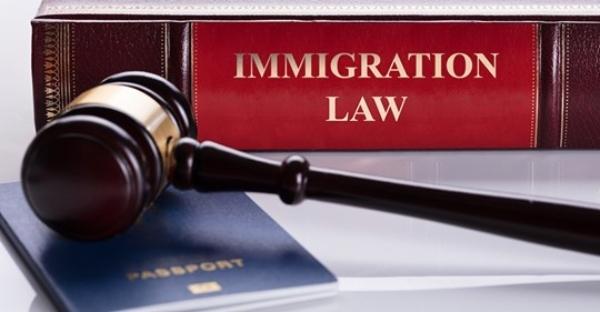
By Lauren White, RCS Reporter.
Learn more about the ways contractors can prevent unwanted liability.
“The E-Verify rule for federal contractors can be a deal breaker for many contractors. The requirements imposed on contractors can expose them to liability with the Department of Homeland Security (DHS) through its enforcement arm, Immigration and Customs Enforcement,” according to Cotney Construction Law. The roofing industry has a high turnover and high levels of fraud regarding documents establishing workers’ ability to legally work in the United States. These two factors make it increasingly risky for contractors to enter government programs that check the legal working status of their employees.
E-Verify and the E-Verify Rule for Federal Contractors Recap
DHS developed E-Verify in 1997 as the “Basic Pilot/Employment Eligibility Verification Program.” The U.S. government made this a permanent program not long after it launched. E-Verify is a website that compares information from an employee’s I-9 to U.S. government records. Businesses utilize this site to, “determine the eligibility of their employees to work in the U.S.,” according to Cotney Construction Law. Employers and employees must still complete an I-9 since the E-Verify rule does not replace or eliminate that requirement. While this program is mostly voluntary, there are some exceptions, such as the E-Verify rule for federal contractors.
Sometimes called the Federal Contractor Rule, the E-Verify rule, “requires a federal contractor to enroll in E-Verify upon executing a federal contract,” Cotney Construction Law explains. Employers need to verify employment eligibility for each employee performing work under the federal contract through E-Verify. New hires must also have their employment eligibility verified through this program, whether they’re performing work under the federal contract or not. Every federal contract since this rule was put in place in 2008 requires the E-Verify rule to be in it.
Strategies for Contractors to Limit Exposure to the “Federal Contractor Rule” and E-Verify
Separate Company/Companies
Companies that sign federal contracts are the only ones affected by the E-Verify rule. “This means that only the employees of the company that signs the federal contract are subject to E-Verify,” Cotney Construction Law reveals.
A strategy some contractors use to avoid exposing their current and future employees to E-Verify is to form a separate company that’s used just to bid on federal contracts. By doing this, the company limits its exposure to E-Verify liability, keeping the focus on the federal contract company. Cotney Construction Law discloses, “By keeping the non-federal contract work separate, the contractor does not have to enroll the non-federal contract company in E-Verify and the employees of that company will never be subject to E-Verify.”
In doing this, the original company can stay as the non-federal contract company. “Additionally, the original company can remain as the parent company of the two separate and newly formed companies or a new parent company can be formed,” according to Cotney Construction Law.
It is recommended that contractors consult with a tax professional or tax attorney before utilizing this strategy to best understand the tax benefits and consequences.
Independent Contractors
Another strategy is hiring independent contractors to work for the company. A contractor’s employees will not be subject to E-Verify if they are all independent contractors. E-Verify confirms employment eligibility of employees by verifying the information provided on a completed Form I-9 against government records. Independent contractors are not considered to be employees and the Form I-9 doesn’t apply to them, so they are not subject to E-Verify. A contractor with a workforce of independent contractors “would accept a federal contract and not be subject or expose the company to any liability,” according to Cotney Construction Law.
Subcontractors are subject to E-Verify though since the federal contract requires the prime contractor to verify that the subcontractor enrolls and participates in E-Verify.
There are perks to having a workforce of independent contractors, however, it can be complicated to classify who is legally an independent contractor. “The general rule is that an individual is an independent contractor if the payer only has the right to control or direct the result of the work, not how or what will be done,” Cotney Construction Law explains. There are three categories to help classify a worker: behavioral control, financial control, and relationship of the parties. Numerous factors are used within these categories to help determine if a worker is classified as an employee or independent contractor. And both the IRS and each state have their own sets of factors, though a state’s factors typically mirror the factors of the IRS somewhat.
Misclassifying a worker can have negative consequences. According to Cotney Construction Law, these ramifications can be, “dramatic and extend beyond simple tax consequences.” They suggest consulting with an employment attorney if utilizing this strategy to help ensure workers are classified properly.
With E-Verify, knowing the best strategy for your company and putting that strategy in place is necessary. Employers can be exposed to unwanted and avoidable liability without identifying and implementing the best strategy
Consult an experienced construction attorney like Cotney Construction Law to help determine the best strategy for your company in terms of E-Verify.
Disclaimer: The information contained in this article is for general educational information only. This information does not constitute legal advice, is not intended to constitute legal advice, nor should it be relied upon as legal advice for your specific factual pattern or situation.









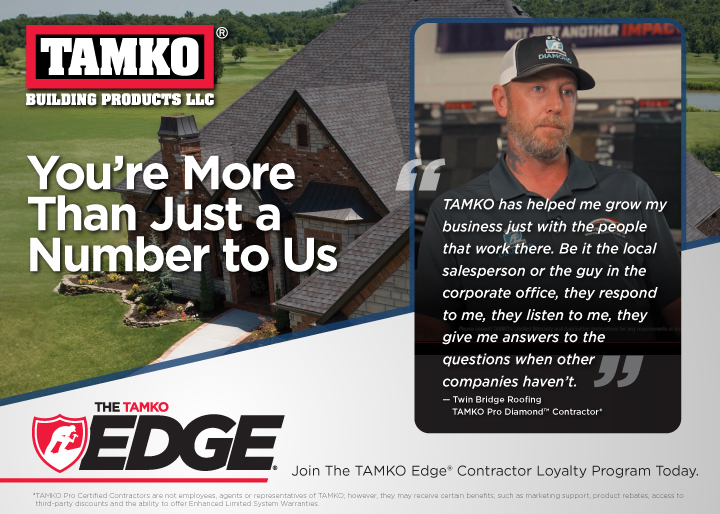



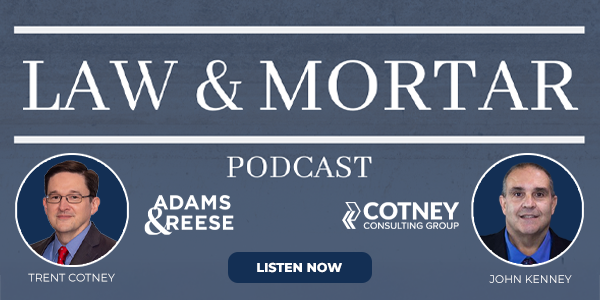
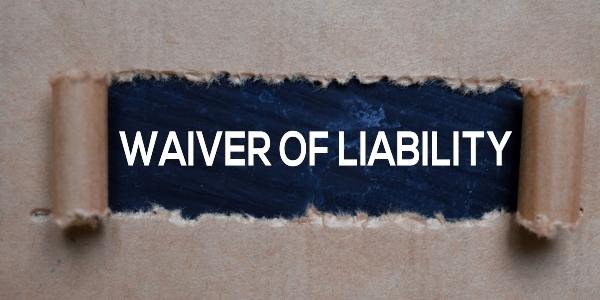
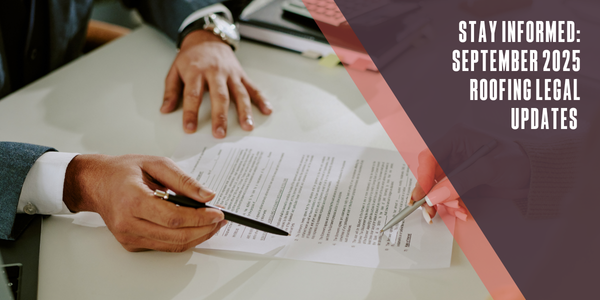



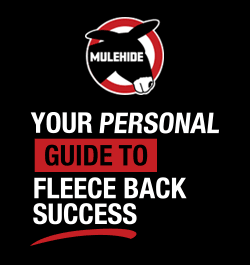

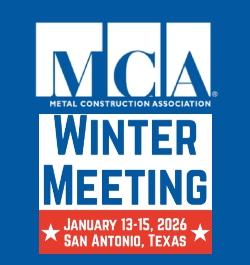
Comments
Leave a Reply
Have an account? Login to leave a comment!
Sign In